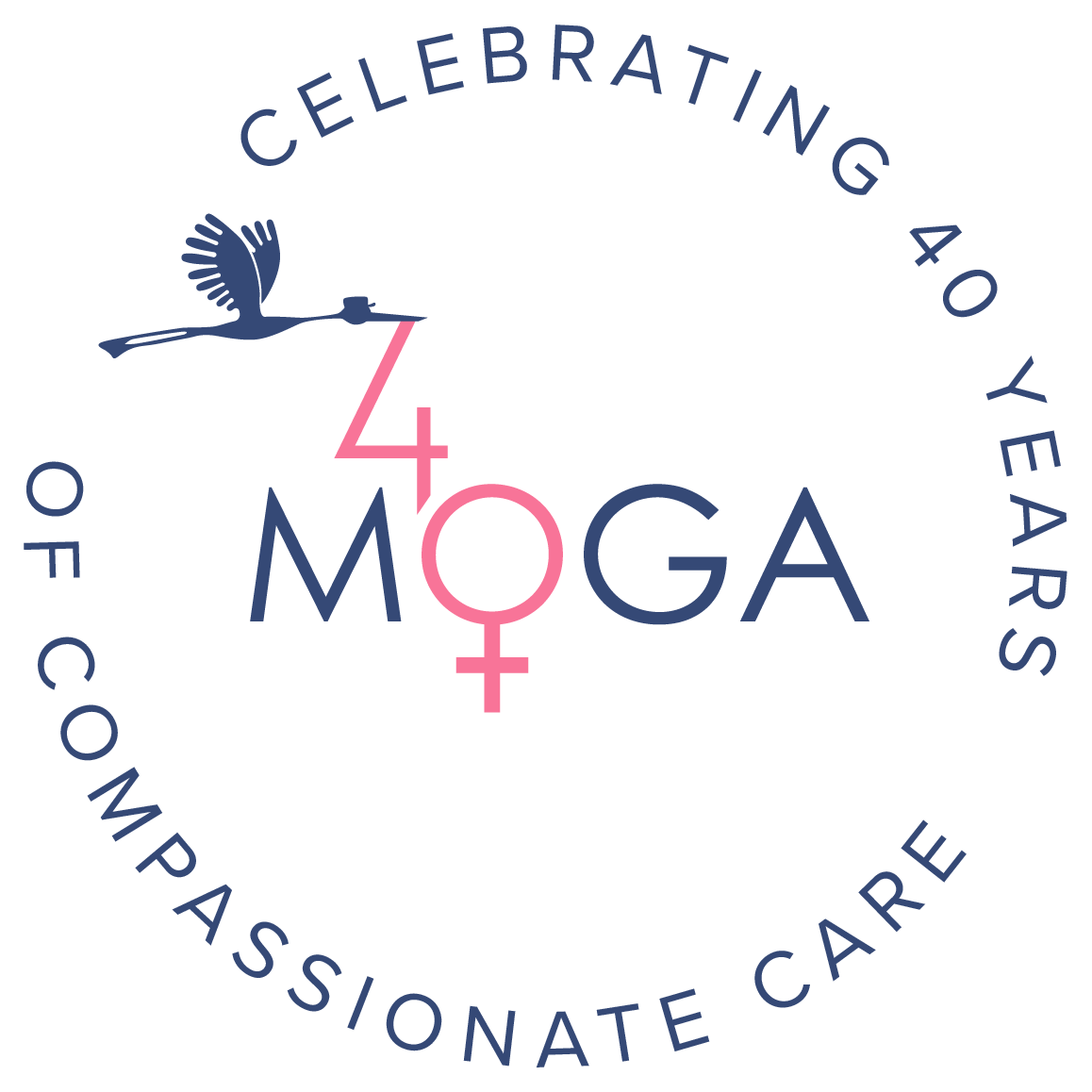Breast cancer screening usually begins in a woman’s forties, and may be recommended even sooner based on your medical and family history. MOGA offers both traditional mammographies as well as tomosynthesis, a form of 3D imaging that produces fewer abnormal results that require retesting.
Endometrial cancer may affect postmenopausal women, so any spotting, bleeding, or vaginal discharge should be investigated with your MOGA physician. Women at high risk may require annual checks.
Colon cancer screening begins at age 50, to detect intestinal polyps, which may become cancerous. Testing for colon cancer may start sooner if you have increased risk of the condition, such as through family history.
Cervical cancer screening should start around the age of 21. This is performed by way of a Pap test, and human papillomavirus (HPV) testing is periodically recommended alongside the Pap test. The intervals between tests depend on your age and risk factors.
Tests for other cancers, such as skin or lung cancer, are also recommended if you’re at risk, such as from frequent sun exposure or if you’re a smoker or ex-smoker.
Some cancers, such as ovarian cancer, may be predicted with genetic testing, which can identify inherited genetic mutations. These don’t, in themselves, mean you will develop cancer, but it may indicate you’re at an increased risk. This permits you and your doctor to more closely monitor for early signs of cancer.


